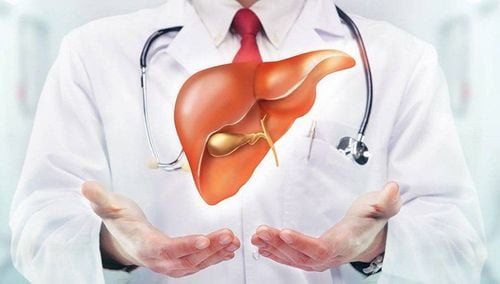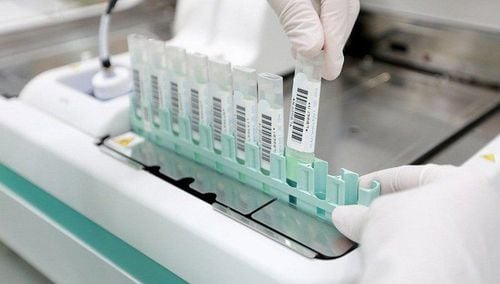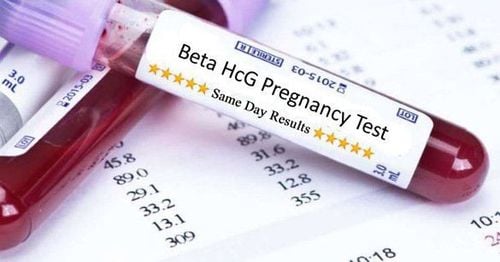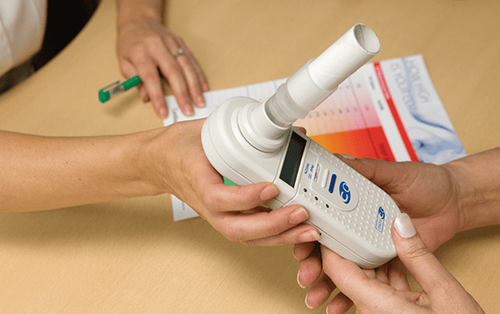This is an automatically translated article.
Each type of cancer will have its own specialized tests to diagnose the disease as early as possible, thereby having a timely treatment. The SCC test is considered to be very effective in identifying squamous cell carcinoma.
1. What is squamous cell carcinoma?
Squamous cell carcinoma is an uncontrolled growth of abnormal cells, arising in the squamous cells. Squamous cells are not only found in the skin, but also in other parts of the body such as the gastrointestinal tract, lips, mouth, vagina, cervix, bladder, etc. may have squamous cell carcinoma.
Some causes of squamous cell carcinoma can be mentioned as:
DNA error. Overexposure to ultraviolet rays from the sun. Radiation therapy such as when treating psoriasis with Psoralen along with strong ultraviolet rays. Exposure to toxins when using dirty food. Taking toxic drugs, immunosuppressive drugs. Squamous cell carcinoma can appear in many different parts of the body. Therefore, if you see the following unusual signs in your body, you should go to the doctor soon for a timely diagnosis:
See the appearance of red patches or scaly crusted lesions on the face or under the lips , ear, neck, hand, arm. See flat white sores or patches in the mouth. See painful sores in the anus or genitals. On the skin there are some differences such as color change, skin significantly reduced elasticity, skin with many wrinkles. However, this type of cancer often has no obvious symptoms and grows slowly, making it difficult for patients to detect.
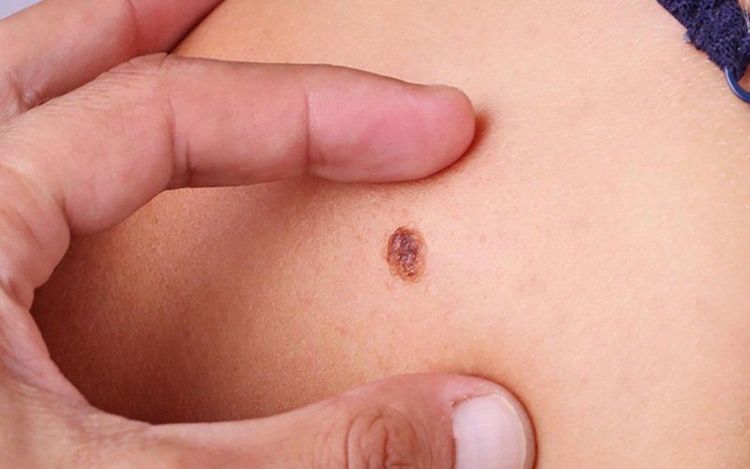
Ung thư biểu mô tế bào vẩy gây ra nhiều thay đổi trên da
2. Significance of SCC test to diagnose squamous cell carcinoma
Squamous Cell Carcinoma Antigen abbreviated as SCCA or SCC, this is the squamous cell carcinoma antigen. SCCs are glycoproteins produced by squamous cells that have a blood half-life of approximately 2.2 hours. A healthy person when tested usually has a result of 2.0ng/ml. For patients with squamous cell carcinoma, this index will be greatly increased. With the following cases, the SCC index will increase significantly:Cervical cancer: according to statistics, about 45 - 83% of patients with squamous cell cervical cancer have an increase in SCC concentration. , about 66-84% of patients with relapse also show signs of increased SCC. Squamous cell skin cancer: the cause is to expose the skin to the sun for too long, the skin will have red bumps, sometimes it is often itchy and there is peeling or sores with no known cause. core. Lung cancer: about 39-78% of patients with squamous cell lung cancer have an increased concentration of SCC in the blood. Nasopharyngeal cancer and esophageal cancer: about 30-39% of patients have elevated SCC levels. However, the degree of increase is different depending on the stage of the disease. Stage I only has 0-27% of patients with increased SCC. Stage II has about 20-40% of patients with increased SCC. Stage III has about 39-61% of patients with increased SCC. Stage IV has about 45 - 50% of patients with increased SCC. Bladder cancer, penile cancer: about 45% of patients will have elevated plasma SCC, this index may also increase in patients with urethral cancer. Stomach cancer, colorectal cancer: According to experts, the SCC can increase in about 20% of cases of colon or pancreatic cancer.
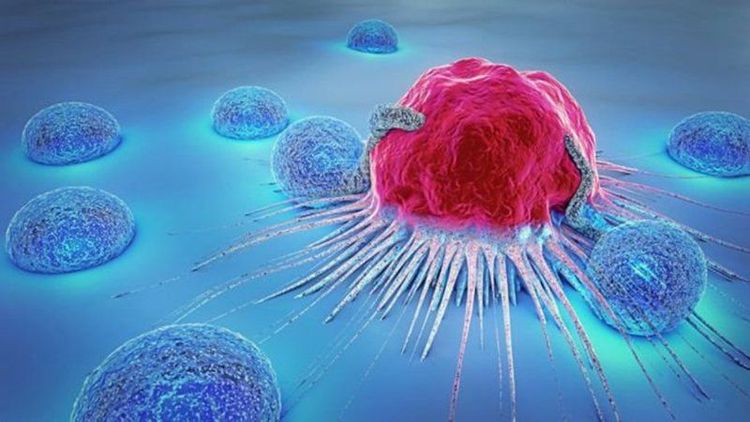
Bệnh nhân mắc ung thư sẽ làm chỉ số CSS tăng lên đáng kể
Cirrhosis Acute pancreatitis Chronic kidney failure Bronchitis Tuberculosis Pneumonia Gynecological infection Atopic dermatitis SCC test no It is not only used for early detection of squamous cell cancer, but it is also often used to check the effectiveness of treatment for patients as well as to detect early if the disease shows signs of recurrence.
3. Who needs the SCC test?
The SCC test is indicated for people at high risk of squamous cell cancer, including the following:People who regularly work in environments exposed to solar radiation. Someone in the family has had skin cancer. Smokers of tobacco, pipe tobacco and similar products. People working in hazardous chemical environment, radiation environment. People infected with HPV, Epsteins Bar virus. If your blood plasma SCC test results are elevated, you need to talk to your doctor to find out what's causing the increase: it can be a benign disease, but it can also be a disease. Squamous cell carcinoma needs to be diagnosed for early treatment.
Thus, the SCC test is used to diagnose squamous cell carcinoma, monitor the effectiveness of treatment as well as detect early if the disease recurs. To find out if you need to have this test or not, you should see a doctor for advice from a specialist.
Customers can directly go to Vinmec Health system nationwide to visit or contact the hotline here for support.





